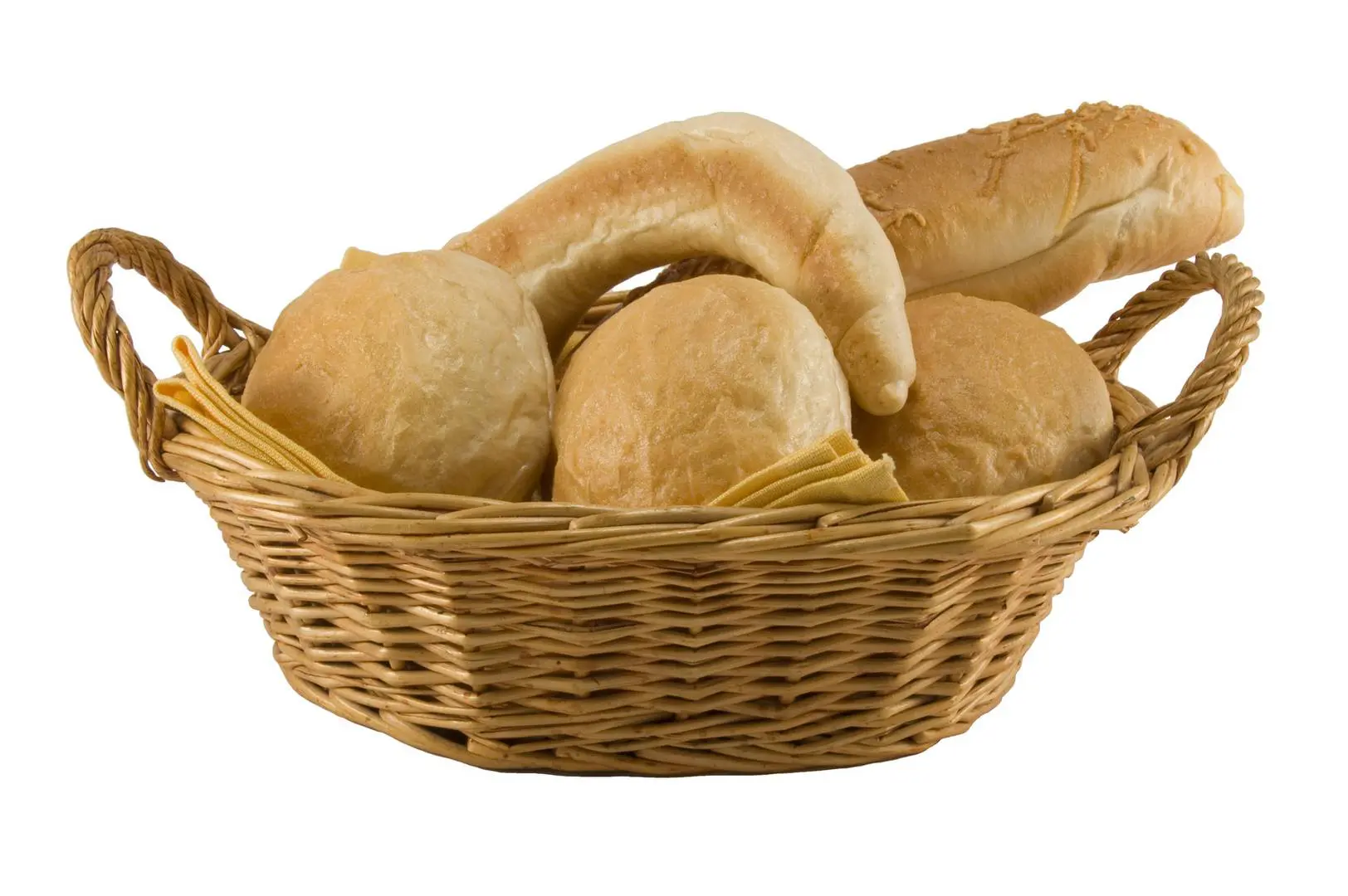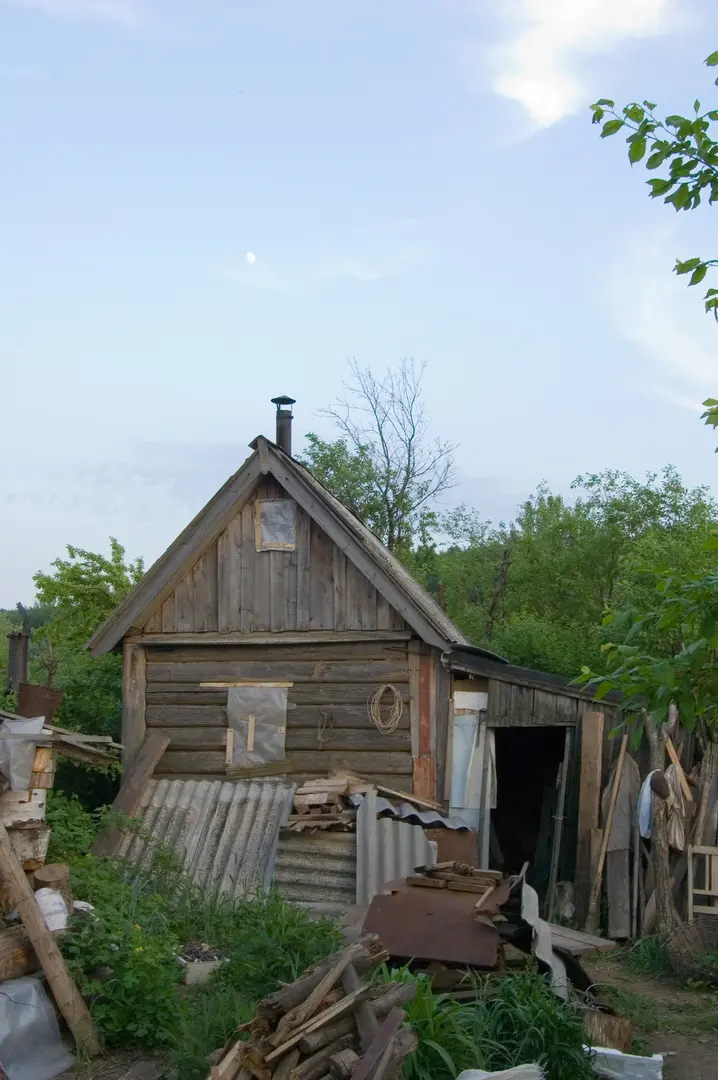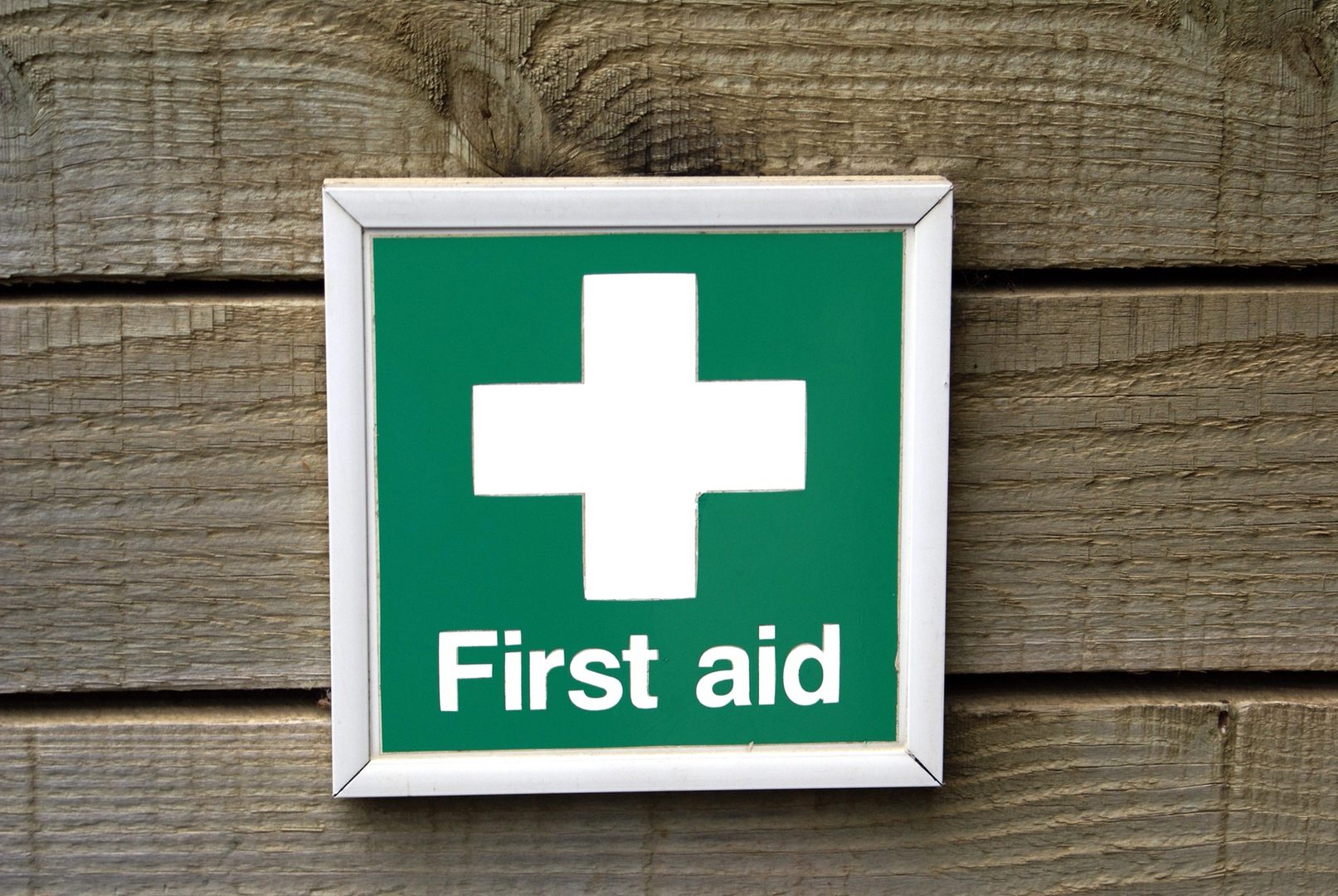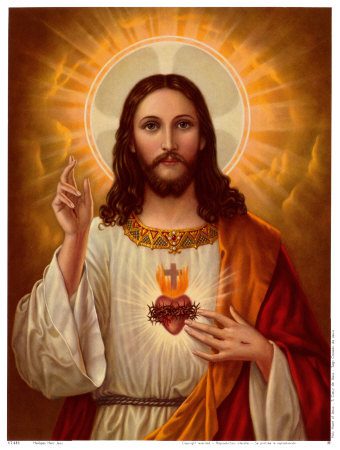Catholic Social Teaching and the Environment
"For in him were created all things in heaven and on earth, the visible and the invisible, whether thrones or dominions or principalities or powers; all things were created through him and for him. "
Colossians 1:16
A place that many of us fail to make a connection between our Christian Values and the way that we live is concern for the environment. We show little care for the environment in the way we "over-consume" our natural resources. Genesis 1:26 reads "Let them have dominion over the fish of the sea, the birds of the air, and the cattle, and over all the wild animals and creatures that crawl on the ground." Many people take this "gift of dominion" to mean we can do whatever we what with the "world." In action, we can do what we want. That doesn't mean that we should do whatever we can. We need to recognize our natural resources as a a gift, a gift to be cherished. If we truly cherish something we use it wisely. act as though that is giving us dominion over the Earth, God has given us permission to do. (For Christian Anthropology I wrote a paper on the "Christian view of Creation as a gift.")
Genesis 2:15 declares that we are charged to take care of the world. So, we must choose wisely how we use the natural resources to show value for them and not use the resources beyond our basic needs. And we should recycle to slow the consumption of those natural resources. No matter how long our natural resources might last, why use them faster than necessary.
St. Francis is the patron saint of ecology. He stressed the importance of living in harmony with nature and the animals. In his book Preacher as Risk Taker, Richard Hart writes that many eco-psychologists believe that our own health is the tied to the health of the planet (Hart, Richard, O.F.M. Cap. Preacher as Risk Taker. The Liturgical Press. Collegeville, 2003) The healthier the planet, the healthier we are. Everyday more species of plants and animals become extinct. How many of these plants could have been used to provide cures for disease? How many of the animal species are needed to maintain the balance of nature?
So far, I have spoken in favor of conservation of our natural resources and I firmly believe in doing so. However, there is at least one thing more important than natural resources. That is human life. I don't think conservation of our natural resources and protecting our environment are much in conflict with protecting human life. When they are, human life is more important.
These principles can be applied to something as basic to life as water. A few years ago I was part of a panel on "Water Issues" hosted by Catholic Charities of Chemung and Schuyler County. The first speaker was Dr. Hillary Lambert of the Cayuga Watershed. The first part of her presentation focused on understanding the scope of the effects we have on the watershed. From here in Elmira the Chemung River drains south to the Susquehanna River, and eventually to the Chesapeake Bay. What we do to our water affects the waters entering the Atlantic Ocean from the Chesapeake Bay. In Catholic Social Teaching there are Seven Themes as presented by the United States Bishops. The sixth theme is "solidarity." We must think not just of ourselves but of others. We must ask ourselves how what we do affects others. Then Dr. Lambert discussed the questions of hydofracking in the Marcellus Shale for natural gas drilling. The second speaker was Sr. Phyllis Tierney, SSJ (Justice and Peace Coordinator for the Sisters). There is a lot of water in the world but did you know that only 3% of that water is drinkable. There are 1.1 billion people in the world without access to safe drinking water. She spoke of the need for balance in nature. When wetlands are destroyed in the name of development it upsets this balance. When animals or vegetation are introduced outside their native areas, it can upset the balance. We must do our part to maintain the balance of nature. I spoke about Catholic Social Teaching on these water issues. Here is the Q & A handout I provided in question and answer format. I spoke on concepts such as why the Church speaks about environmental issues, why water is important in our Catholic values, the Seventh Commandment, "You shall not steal" as it applies to use of water, overconsumption and life-style, and how we talk to atheists about water issues as a matter of rights.





